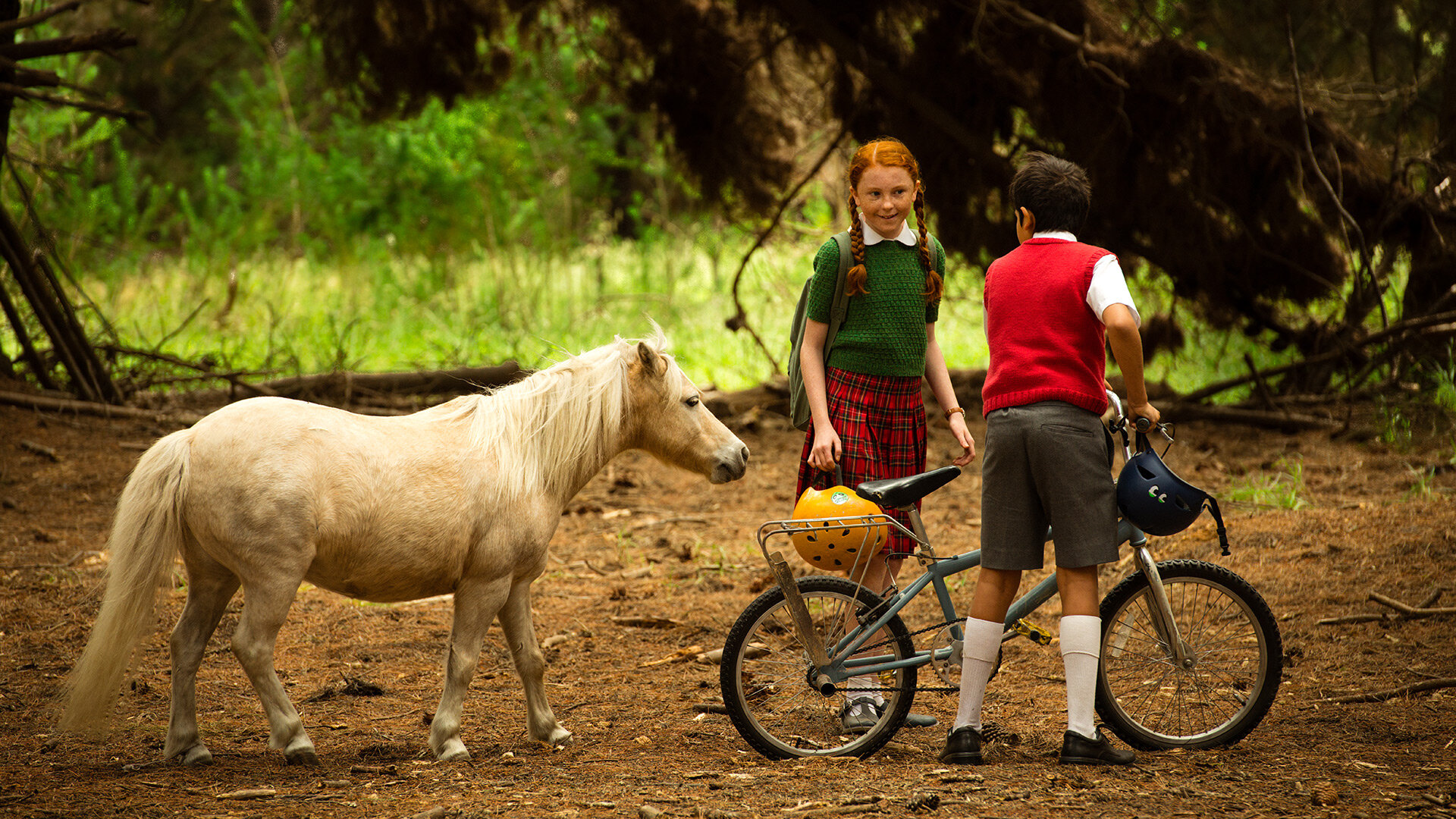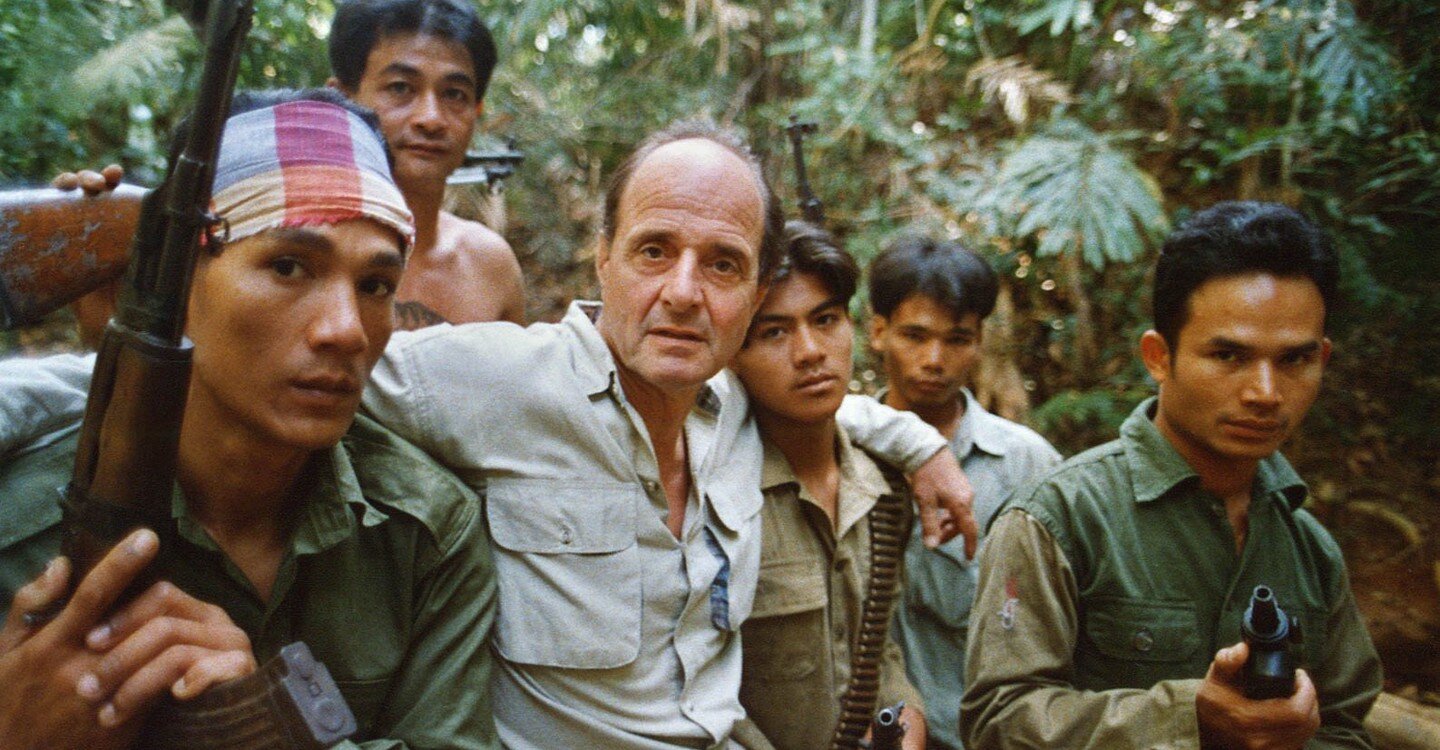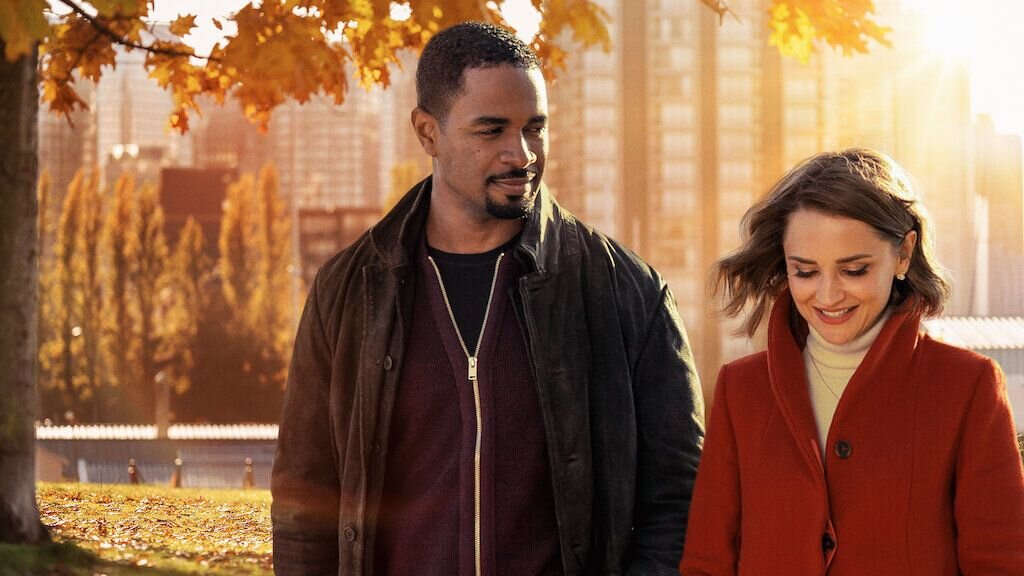Janelle Monáe as Eden in “Antebellum”
Dir: Gerard Bush and Christopher Renz
Starring: Janelle Monáe, Eric Lange, Jena Malone, Jack Huston, Arabella Landrum
“The past is never dead. It’s not even past”. – William Faulkner
Directors Gerard Bush and Christopher Renz begin their hybrid horror film “Antebellum” with this quote from William Faulkner’s story “Requiem for a Nun”. The line, specific about the history of the American South, describes how the past still haunts the present. When Barack Obama used a variation of that line during a speech in 2008, it framed William Faulkner’s environment of the South and how the legacy of racial atrocities found in history still linger so prevalent today.
It doesn’t take much to find horror in the world these days. Amid a global pandemic, the makings of a horror film already, the injustices happening across the world continue to pile on one right after the other. And cinema, consistently one of the best mirrors of present times in the world, has taken to genre film to discuss and dissect the issues. Films like Jordan Peele’s “Get Out” show how genre movies can offer an important lens of insight, understanding the balance between social commentary and exploitation.
“Antebellum” is a film about slavery and the continuing prejudice and racism towards Black people. The film utilizes a horror narrative frame to enclose and examine these elements. The result is an unbalanced endeavor.
The film begins on a plantation, a long tracking shot pulls the viewer into a moment of utter terror where an enslaved couple is being punished. The camera movements and framing of faces make the moment all the more devasting as the viewer is stuck, forced to watch the devastating viciousness.
We are introduced to Eden (Janelle Monáe), an enslaved woman who is not allowed to talk and is brutalized in every way possible by a man only known as Him (Eric Lange). The abuse she endures, rape and torture with a hot iron brand, is appalling. There are more terrible people at this plantation; a woman (Jena Malone) with a Southern accent hides her evil intentions behind an innocent grin and a Confederate captain named Jasper (Jack Huston) who rides his horse while threatening death to anyone who dares try to talk.
It’s never clear how long Eden has been suffering, though she is well-respected by others and often asked when another escape will be attempted. But something is off about this past world. History, often hinted at by the soldiers on the plantation, seems rewritten to fit a new narrative, while the people enslaved seem to be hiding information about their identities. However, right before the mystery becomes unraveled, a phone rings and the viewer is brought from the past into the present, where Dr. Veronica Henley (also Janelle Monáe) is living a dream life with her husband and child. Veronica is a sociologist, author, and National advocate for the disenfranchised lives of Black Americans. But something is strange about this present world. How are Eden and Veronica connected becomes the mystery that will ultimately be revealed.
“Antebellum” is aiming for something insightful amidst some pretty unsettling imagery involving slavery and set within a cotton plantation somewhere in the South. The connections between social and historical commentary are often blurred by strong and cruel cinematic qualities. Instead of finding a balance between the two characteristics, the film often wanders in and out of these elements. When the mystery finally gets revealed the revelation feels shallow instead of profound, the wrong emotion considering the use of violence displayed at the beginning of the film.
At the core of “Antebellum” is a wonderful performance from Janelle Monáe, enveloped within photography that is equally beautiful and brutal, sometimes confusingly at the same time. Still, Ms. Monáe is so emotionally raw at times, while also composing a strong and confident female character in both the past and present realms within the story. It’s her portrayal of Eden/Veronica that keeps the mystery interesting.
While the film searches for meaning, at times connecting elements of how the world perceives and analyzes people simply by the color of their skin and not by the content of their character, it also struggles to focus its concepts within a muddled, unbalanced script. While the film does work as a true-to-life horror film, bringing the atrocities of the past into full detail on screen, the balance of tone and imagery is consistently at odds with one another. This keeps “Antebellum” stuck in a place where the past it examines and explores never connects a meaning for the future it hopes to change.
Monte’s Rating
2.25 out of 5.00





































